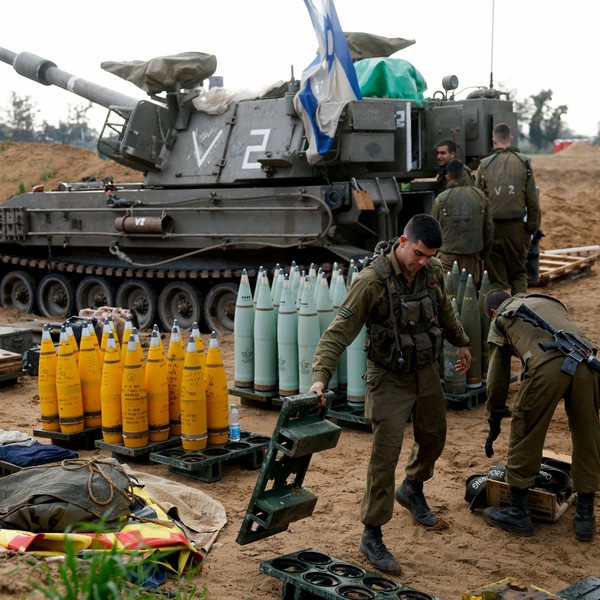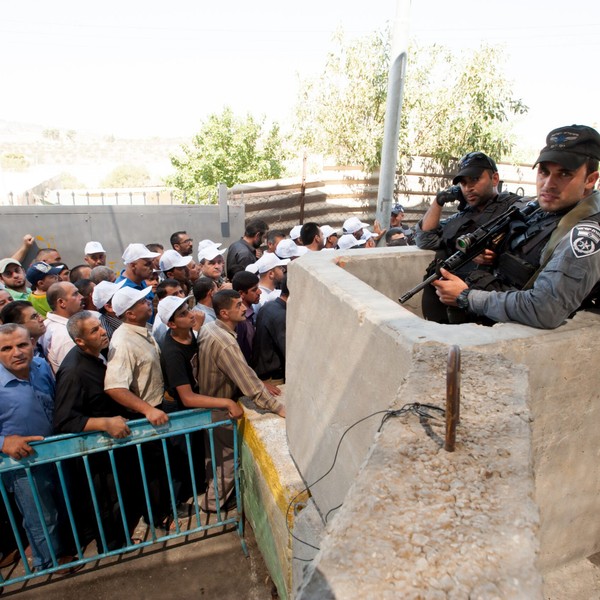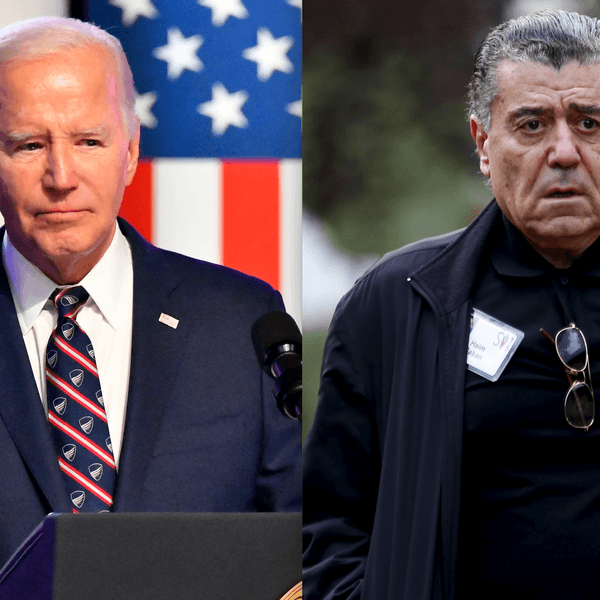There are now multiple signs that U.S. hegemony in the international system is fading fast. So it is imperative that U.S. and world leaders recognize that development and move toward creating a more effective, sustainable system.
One key element will be to expand and reform the United Nations Security Council. In essence, a modern version of the Concert of Europe that emerged after the Napoleonic wars to stabilize that continent is needed on a global basis.
News reports indicate that the Biden administration finally may be willing to take a first step by overhauling the Security Council, including with the addition of new permanent members. In doing so, U.S. officials are merely acknowledging the decline of Washington’s international dominance.
One graphic indicator that the United States no longer automatically calls the shots on important issues is the global reaction to the Russia-Ukraine war. Despite intense pressure from Washington, virtually no other governments outside of NATO and the traditional bloc of U.S. security dependents in East Asia have been willing to impose sanctions on Russia, much less provide military aid to Ukraine.
The Biden administration’s decision to seize the Russian government’s dollar denominated assets held in the United States also has caused multiple countries to conclude economic agreements in other currencies and stop relying so heavily on the dollar as the world’s reserve currency. In addition, Russia, China, and Iran have developed noticeably closer mutual political, economic, and military ties.
The Ukraine issue also has served as a catalyst for greater diplomatic activism on the part of countries not content to tamely follow Washington’s lead. On the first anniversary of the Russian invasion of Ukraine, the People’s Republic of China (PRC) offered a 12-point plan to bring an end to the bloodshed. In late April 2023, Beijing offered a modified 10-point plan. Brazilian President Lula da Silva suggested creating a group of countries, “a peace coalition,” including India, China, and Indonesia as well as Brazil, to mediate peace talks between Moscow and Kyiv.
Manifestations of independent behavior on the part of other great powers are not limited to the Ukraine issue. The PRC played an important role in helping to resolve long-standing tensions between Saudi Arabia and Iran. Such developments confirm that the United States is no longer the diplomatic as well as the military global hegemon. Other powers are stepping up to pursue their own initiatives, without deferring to Washington. Indeed, they are doing so despite clear expressions of U.S. displeasure.
Instead of engaging in impotent obstructionism, it would be far better for U.S. leaders to adjust to the impending demise of America’s hegemonic role and work diligently to help shape a successor system. A vital first step must be to refashion the UN Security Council to reflect the economic and military realities of the twenty-first century, not the period at the end of World War II. The institutional expression of a modern concert of great powers means that all major actors must have a seat at the table.
As far as the veto power is concerned, it is essential that all permanent members have equal status. One of the major deficiencies of the Biden administration’s reported plan is that new members would not enjoy the prerogative of exercising a veto over any Council action. Such a “reform” would create a toxic distinction between “first class” (the original five) and second class (newer) permanent members.
Japan, with the third largest economy in the world and a very capable, modern military is an obvious choice as an addition to the Council. However, India with the world’s largest population, a fast-rising economy, and a nuclear arsenal is nearly as important. At the same time, it seems a bit much for Europe always to have two seats — with the prospect of a third seat, if Germany, with the world’s fourth largest economy, is added.
An equitable compromise might be to create a “European seat” that would rotate among Britain, France, and Germany, the region’s three leading economic and military powers. However, diluting the current status of Britain and France might be a deal breaker, and it is not worth sabotaging the creation of a new, workable concert of great powers over that issue.
New permanent members from elsewhere in the world are an even trickier proposition. One can make a reasonable case that Brazil should have such a role now, given its growing economic and diplomatic prominence. The most obvious choice for a Middle East seat would be Turkey, although pushback from both Iran and the Arab states is certain. A seat for nuclear-armed Pakistan also must be considered on the basis of its security importance as well as major power representation for the Muslim world.
Another rising power, Indonesia, needs to be given consideration on the basis of both economic and military capabilities. For Africa, perhaps a rotating seat between Nigeria and South Africa would be the most workable option. If those matters cannot be resolved with the first round of expansion, they need to be top priorities for a subsequent round a decade or two down the road.
Except for the possibility of diluting the roles of Britain and France, all other current permanent members of the UN Security Council should retain their seats. That is an important point because there has been an array of irresponsible suggestions to “expel” Russia. The latest proposal along those lines is a May 22 Wall Street Journal op-ed by Bernard-Henri Levy. His scheme is especially silly since it involves giving Russia’s seat to Ukraine — a third tier power with a population size and economic output similar to Sudan’s. Even without that frivolous element, attempts to expel the country with the world’s second largest nuclear arsenal would be extraordinarily reckless.
A revamped Security Council would have to show some respect for the concept of spheres of responsibility. It is not reasonable to insist that all issues must be addressed on a global basis with an expectation of consensus.
Some powers will have substantially greater interests at stake in certain regions. China and Japan would understandably take the lead regarding problems in East Asia, China and Russia in Central Asia, the United States and Brazil in Latin America, and so forth. Only in cases where the interests of two or more great powers are at stake and in danger of colliding, would the enlarged Security Council need to become engaged. Deference to the priority interests of specific major powers in specific regions needs to be the norm.
No one can dispute that modernizing the UN Security Council would require years of often agonizing negotiations and an uncharacteristic willingness to compromise on the part of the five existing permanent members. But such an effort needs to start. The demise of the Soviet Union as America’s only serious strategic rival gave U.S. political and military hegemony a new lease on life.
Yet it was clear even to Charles Krauthammer when he coined the phrase about America’s new “unipolar moment,” that Washington’s revived hegemony would not last indefinitely. He had used the term “moment” quite deliberately. U.S. hegemony’s extended lease is now clearly expiring, and the initial steps toward establishing a new global order need to commence.















